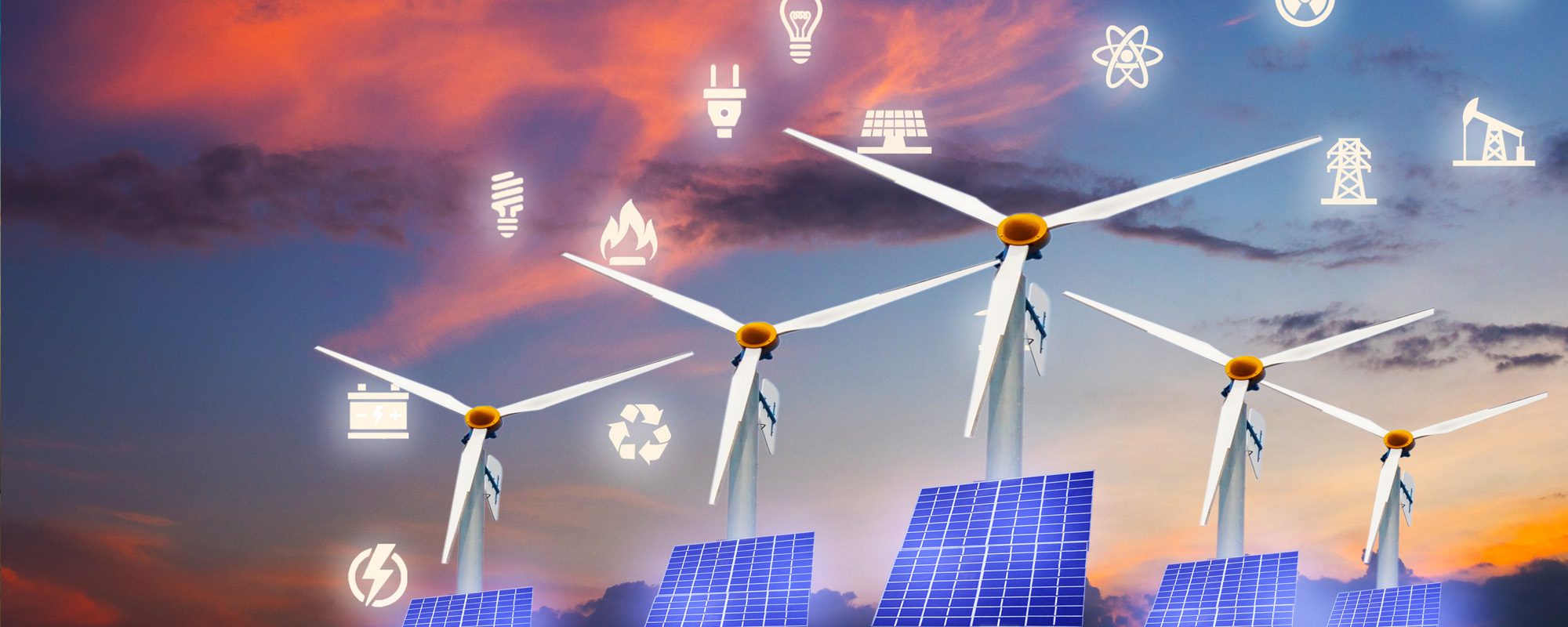Benefits
System Engineering’s Certificate on Sustainable Energy Systems Transition (SEST) provides a solid basis to understand and act on the energy transition. You will learn how energy and climate policies are reshaping energy markets and addressing national and global challenges. The courses give you in-depth knowledge and tools to address the challenges of the energy systems transition and prepares you to seize opportunities in the innovative energy sector.
In past centuries, the large availability of low-cost energy contributed to welfare worldwide. However, modern energy systems have mainly relied on fossil fuels. This has resulted in serious negative externalities, including social inequality and climate change. We are now facing the challenge of transitioning energy systems to sustainable solutions which includes shifting towards renewable energy sources, low-carbon technologies, improved resource efficiency, and integration of markets and infrastructure. The energy transition is at the core of climate change action, the circular economy and sustainable development. Join us and get ready to become a protagonist in the process of transforming energy systems.
Curriculum
- Analyze energy systems and energy and climate policy profiles and develop strategies for energy system transformation.
- Develop scenarios for the energy transition and a low-carbon future.
- Apply various mechanisms to build a low-carbon future and meet the goals of international agreements.
- Propose strategies, policies, technologies, projects and overall pathways for energy system transformation.
- Identify and explain the perspective and roles of stakeholders in the energy transition and implementation of the climate agenda.
- Assess the implications of policy interventions for market outcomes.
- Evaluate the competitiveness of different technologies in energy systems and construct competitive financial models for electricity generation projects.
- Conduct risk and sensitivity analyses for energy projects and systems.
Required courses
SEST comprises nine credits and can be taken independently (non-matriculated students) or as a certification within the Master of Systems Engineering Program.
- SYSEN5170 (required)—Energy Policies for Systems Transition
- Spring
- 3 credits
- SYSEN5240 (required)—Strategies for Climate Action
- Fall
- 1.5 credits
- SYSEN5230 (required)—Energy Efficiency in the Circular Economy
- Fall
- 1.5 credits
- Plus, one of the following options:
- SYSEN5210—Economics of the Energy Transition
- Fall
- 3 credits
- SYSEN5120—Energy and Climate Scenario Analysis
- Spring
- 3 credits
- SYSEN5210—Economics of the Energy Transition
In past centuries, the large availability of low-cost energy contributed to welfare worldwide. However, modern energy systems have mainly relied on fossil fuels. This has resulted in serious negative externalities, including social inequality and climate change. We are now facing the challenge of transitioning energy systems to sustainable solutions which includes shifting towards renewable energy sources, low-carbon technologies, improved resource efficiency, and integration of markets and infrastructure. The energy transition is at the core of climate change action, the circular economy and sustainable development. Join us and get ready to become a protagonist in the process of transforming energy systems.
Your Instructors
-
Semida Silveira
Semida Silveira is a Professor of Practice in Systems Engineering with extensive experience in energy and climate issues. She focuses on science-based societal transformation, a global low-carbon circular economy, and sustainable development.
-
Jacob Mays
Jacob Mays is an Assistant Professor in Civil and Environmental Engineering. He focuses on the design and analysis of electricity markets.
-
Charlle Sy
Charlle Sy is a Professor of Practice in Systems Engineering specializing in systems dynamics and optimization models for decision-making under uncertainty. Her work has been applied to improve industrial and managerial efficiency.
How to Apply
-
Systems Engineering Professional Certificate Program Students
Application information for students who are not currently enrolled in a Systems Engineering M.Eng. degree.
-
M.Eng. Students
If you are a student enrolled in the Systems M.Eng. degree, earn this certificate by enrolling in the required courses.
